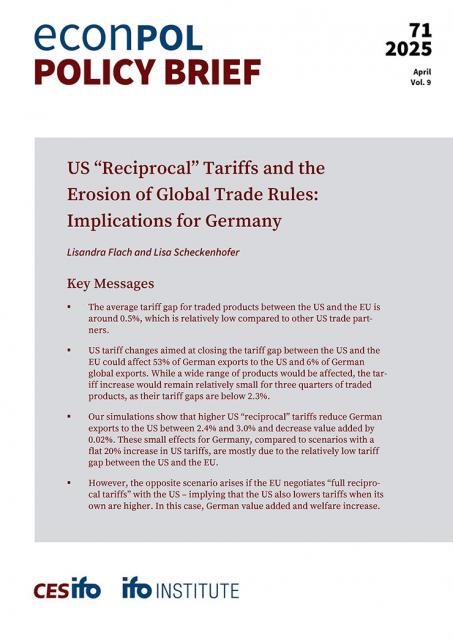If you would like to receive the latest press releases from EconPol Europe, email info@econpol.eu
Press releases
Fuest and Pisani-Ferry Favor Financing the EU via Emissions Trading (English, French and German versions)
The EU should receive a new source of funding in the form of revenue from the European emissions trading system (ETS), according to a proposal from Clemens Fuest, President of the ifo Institute and Speaker of the EconPol Europe research network, and Jean Pisani-Ferry, French economist and former Founding Director of the Bruegel think tank. Their joint paper was presented to the EU Economic and Financial Affairs Council (ECOFIN) in Berlin on 11 September.
European Bank Crash “Highly Likely” if Covid Crisis Continues into 2021
If the global Covid-19 crisis continues into 2021, it is “highly likely” that major European banks would not be able to withstand the financial shocks, according to research from EconPol Europe.
Plan B for Covid-19: a Statistical Analysis of Herd Immunity
A study from EconPol Europe which uses standardized guidelines to identify ‘optimal’ herd immunity policies reveals transferring the risk from the old to the young could reduce a global death toll by over 80%.
EconPol Europe: Monetization Should Finance Covid-19 Spending
The authors of a new study from EconPol Europe have called for policy makers to finance Covid-19 spending through monetization rather than the creation of new debt, which they say could risk exposing a number of countries to a new sovereign debt crisis.
EconPol Europe World Economic Survey: Experts Predict Severe Global Recession, With No Growth Until 2021
A global survey of economic experts on the effects of the COVID-19 crisis reveals almost all countries expect a severe recession in 2020, with pre-crisis levels not expected to be reached before 2021. Of available policy options, emergency liquidity assistance to firms and temporary tax deferrals for businesses are deemed to be most effective.
